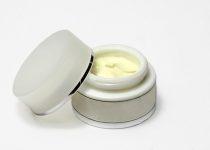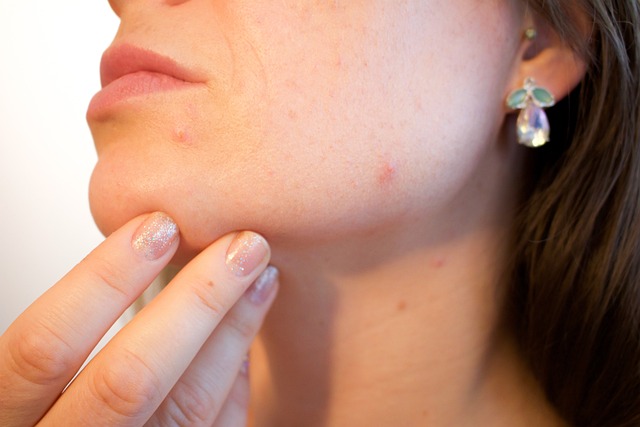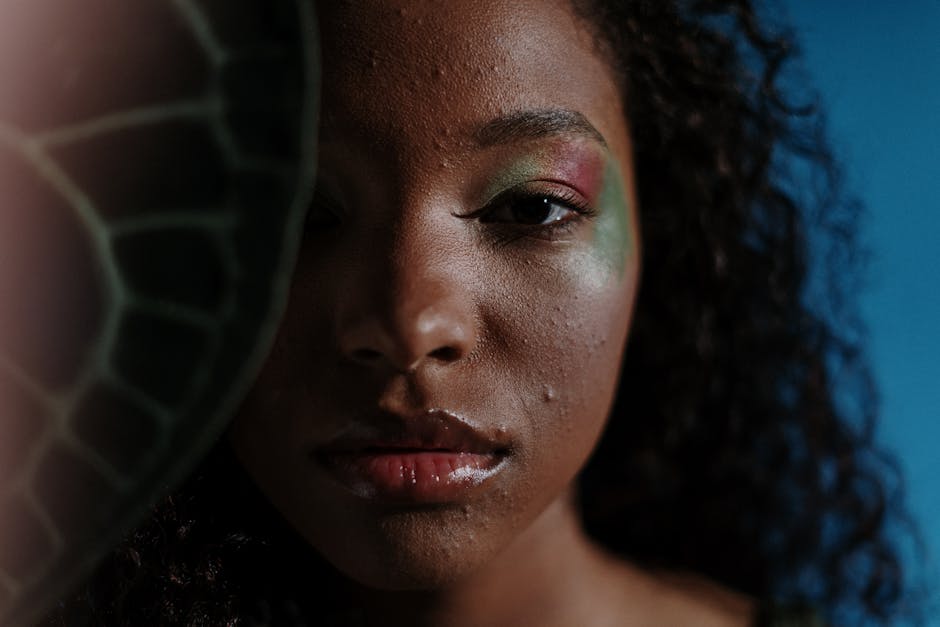How To Cure Acne
Acne is a common skin condition that affects people of all ages. It is caused by a combination of factors, including excess sebum production, clogged pores, and bacteria. Acne can be mild or severe, and it can cause a variety of symptoms, including blackheads, whiteheads, pimples, and cysts.
There are a number of different ways to treat acne. Some of the most common treatments include over-the-counter medications, prescription medications, and lifestyle changes.
**Over-the-counter medications**
Over-the-counter acne medications are available in a variety of forms, including creams, gels, and washes. These medications typically contain ingredients that help to kill bacteria, unclog pores, and reduce inflammation. Some of the most common over-the-counter acne medications include benzoyl peroxide, salicylic acid, and glycolic acid.
**Prescription medications**
Prescription acne medications are available if over-the-counter medications are not effective. These medications typically contain stronger ingredients than over-the-counter medications, and they may need to be used for several months to see results. Some of the most common prescription acne medications include antibiotics, retinoids, and isotretinoin.
**Lifestyle changes**
In addition to medication, there are a number of lifestyle changes that can help to improve acne. These changes include:
* Washing your face twice a day with a gentle cleanser
* Avoiding touching your face
* Wearing sunscreen
* Eating a healthy diet
* Getting enough sleep
* Managing stress
If you are struggling with acne, it is important to see a dermatologist to get the best treatment for your individual needs.
**Here are some additional tips for curing acne:**
* Use a gentle cleanser. Harsh cleansers can strip your skin of its natural oils, which can lead to dry, irritated skin and more acne. Look for a cleanser that is designed for acne-prone skin.
* Exfoliate your skin regularly. Exfoliation helps to remove dead skin cells and unclog pores. Exfoliate your skin 2-3 times per week with a gentle scrub.
* Moisturize your skin. Moisturizing your skin helps to keep it hydrated and prevents it from becoming dry and irritated. Look for a moisturizer that is designed for acne-prone skin.
* Avoid touching your face. Touching your face can transfer bacteria to your skin, which can lead to acne.
* Wear sunscreen. Sunscreen helps to protect your skin from the sun's harmful UV rays, which can damage your skin and lead to acne.
* Eat a healthy diet. Eating a healthy diet can help to improve your overall health and well-being, which can in turn help to improve your skin. Eat plenty of fruits, vegetables, and whole grains.
* Get enough sleep. Getting enough sleep helps to reduce stress and improve your overall health, which can in turn help to improve your skin. Aim for 7-8 hours of sleep per night.
* Manage stress. Stress can trigger acne breakouts. Find healthy ways to manage stress, such as exercise, yoga, or meditation.
By following these tips, you can help to improve your acne and achieve clearer, healthier skin.


